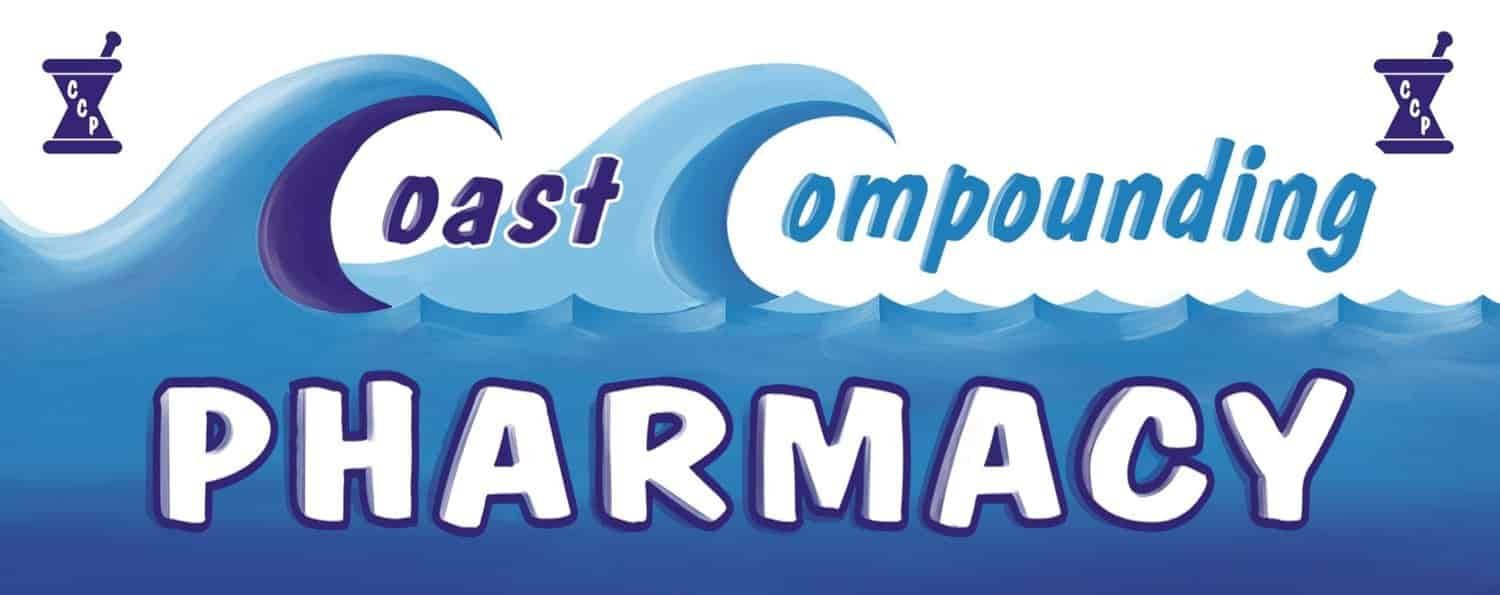Prescription compounds are becoming increasingly popular as a tailored solution for various health issues. But what exactly are they, and how can patients effectively navigate this landscape? In this blog, we’ll break down the essentials of prescription compounds, making them easy to understand and accessible for everyone.
What Are Prescription Compounds?
Prescription compounds refer to custom medications that are tailored to meet the specific needs of a patient. Unlike mass-produced medications, compounding involves mixing or altering ingredients to create a formulation that’s ideal for individual health requirements.
To delve deeper, it’s important to highlight that prescription compounds can take many forms, including creams, gels, capsules, or even specialized oral solutions. This flexibility allows healthcare providers to cater to unique patient needs effectively. For instance, a patient allergic to a particular dye might benefit from a compound that eliminates such irritants while still delivering the required medication.
Imagine a child who struggles to swallow pills; a compounding pharmacist can create a flavored liquid version of the necessary medication, making it easier and more pleasant for the child to take. This personal touch is what makes compounded medications especially valuable in pediatric care and among those with specific health challenges.
Why Might a Patient Need Compounded Medications?
Patients might need compounded medications for various reasons, including allergies to certain ingredients in commercial drugs, the need for a specific dosage, or when a medication is unavailable in the required form. Understanding these needs can help patients work effectively with their healthcare providers.
For instance, sometimes a standard medication might only be available in a dosage that is either too strong or too weak for the patient. In these scenarios, compounded medications serve as a lifesaver—literally and figuratively—by providing a custom dosage that can help patients achieve better health outcomes.
Additionally, chronic pain patients often find that specific combinations of medications yield better results than those available off the shelf. By discussing their symptoms and personal health journey with their provider, patients can explore the possibility of compounded treatments that specifically address their pain management needs.
The Compounding Process: What to Expect
The compounding process involves a pharmacist who will collaborate with the prescribing physician to create a tailored medication. This section covers what patients can expect during this process, including any necessary consultations and the importance of clear communication.
When you seek a compounded medication, an essential first step is a thorough discussion with your healthcare provider. This consultation will often include a detailed review of your medical history, current medications, and specific needs. It’s not just about what you take, but how it fits within your overall health strategy.
Once a physician prescribes a compounded medication, the pharmacist takes the helm. They will meticulously prepare the compound, ensuring that every ingredient is perfect for you. Patients should not hesitate to ask questions during this stage, as understanding the ingredients and the purpose behind each formulation can enhance comfort and trust in the treatment process.
Safety and Regulations in Prescription Compounding
It’s essential for patients to understand the safety standards and regulations governing prescription compounds. This section outlines how regulatory bodies work to ensure quality and safety, giving patients peace of mind about their medications.
The compounding industry is regulated by agencies such as the FDA and state pharmacy boards, creating a safety net for patients. These organizations have set stringent guidelines that compounding pharmacies must adhere to in order to guarantee that medications are prepared safely and effectively.
Patients can also take proactive steps to ensure their compounded medications are safe; for instance, verifying that their pharmacy is licensed and has a good reputation can significantly affect both the quality of the medication and the overall experience. Asking about the pharmacist’s qualifications and experience is also beneficial in establishing trust.
Communicating with Your Healthcare Provider
Open communication with healthcare providers is crucial for successful treatment with prescription compounds. Here, we discuss tips for engaging in productive conversations about your needs and concerns, advocating for your health effectively.
Start by coming prepared to your appointment with specific questions. What are your symptoms? What have you tried before? Having this information readily available not only demonstrates your commitment to your health but also helps the provider understand your situation better.
Moreover, don’t hesitate to express your concerns or any past experiences with medications. Providers appreciate transparency, and they can tailor their suggestions accordingly. Remember, your healthcare team is there to support you, and these discussions can lead to a more personalized and effective treatment plan.
Real-Life Examples: Success Stories of Patients
In this section, we share real-life success stories of patients who have benefited from prescription compounds, illustrating the positive impact personalized medications can have on individual health journeys.
Take, for example, a patient named Sarah who struggled with insomnia due to the strong side effects of common sleep medications. After consulting with her physician, they decided to explore compounded options that provided a gentler approach to her sleep needs. The result was a specially formulated compound that allowed her to fall asleep without the grogginess that had plagued her mornings. Sarah’s experience underscored the importance of individualized care.
Similarly, John, a cancer patient enduring severe nausea from chemotherapy, found relief through a nausea-relief compounded medication tailored to his specific treatments. His story is a powerful reminder that compounded medications can truly transform lives, offering patients the relief they need when standard options fall short.
Empowering Patients Through Understanding
Understanding prescription compounds can empower patients to make informed choices about their healthcare. With the right knowledge, you can effectively communicate with your healthcare provider and gain the benefits of personalized treatments.

